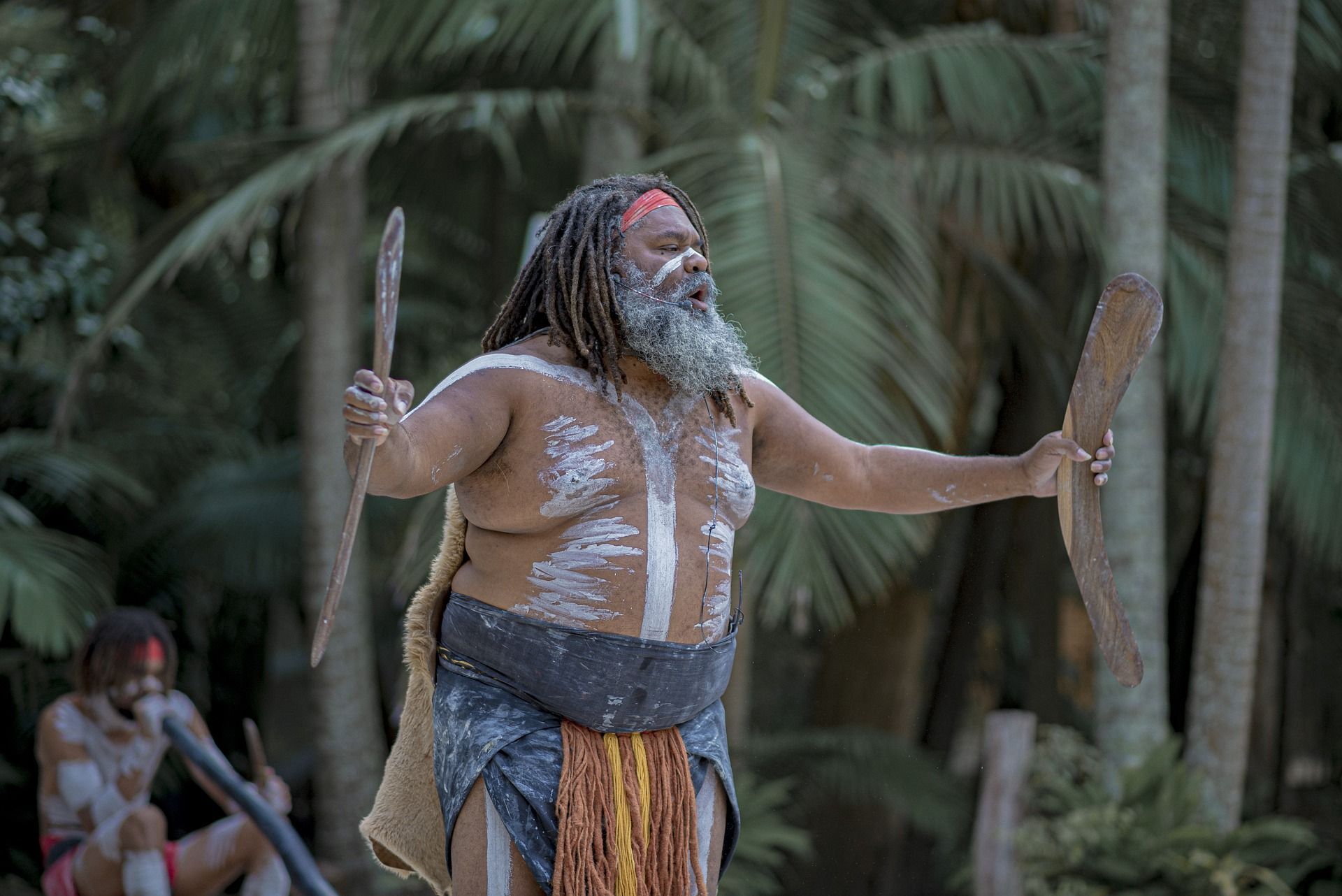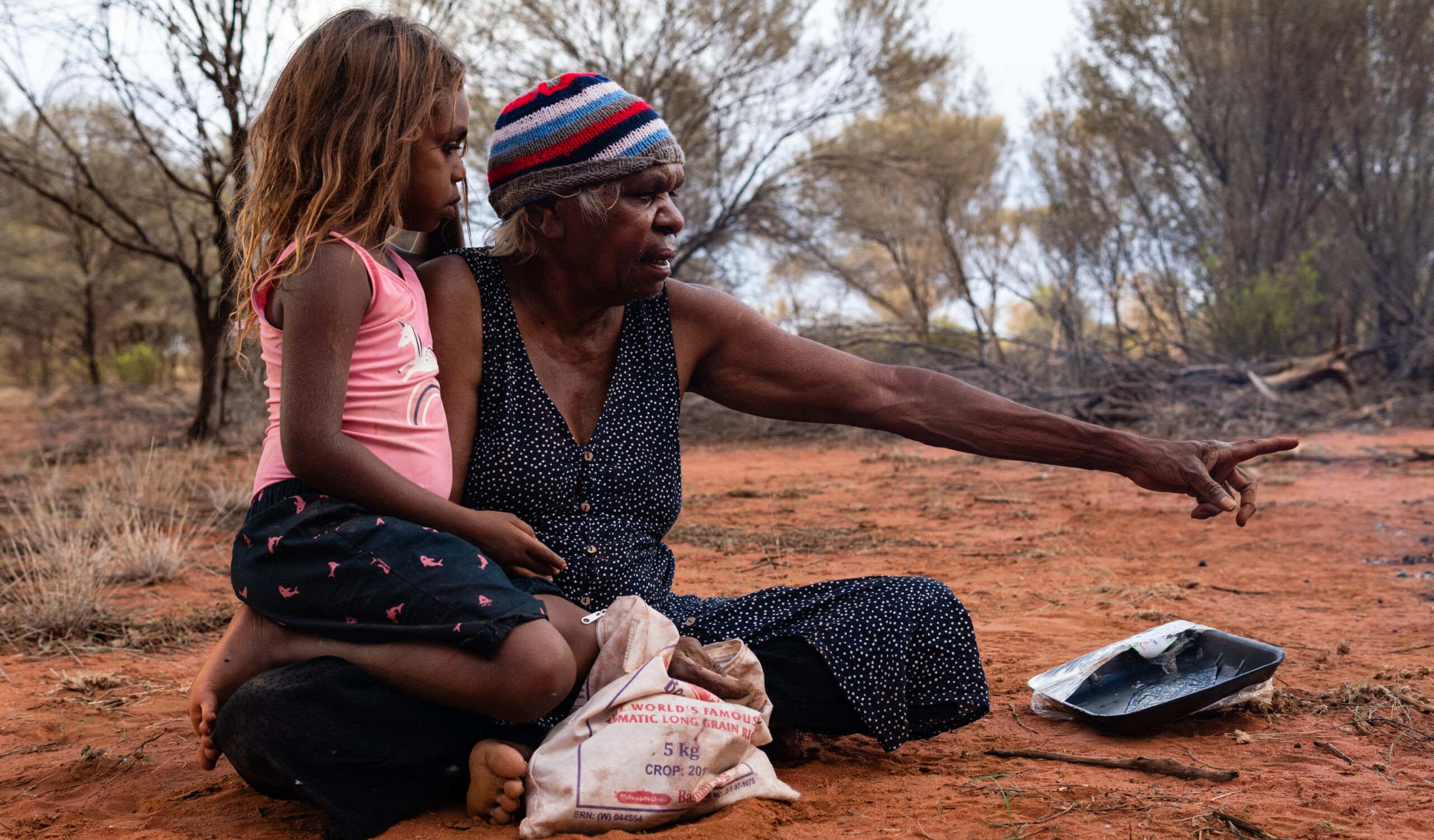Aboriginal and Torres Strait Islander people are vastly overrepresented within Australian prisons and have poorer health outcomes, new research shows.
A new report from The Australian Institute of Health and Welfare released on Wednesday lays bare the stark disparities in health outcomes among inmates and a historical trend of overrepresentation that continues to persist.
First Nations people, who make up just 3.2% of the Australian population, account for a staggering 32% of the national prison population, according to data from the Australian Bureau of Statistics.

There were 84 deaths in prison custody between 2021 and 2022 and shockingly, 16 of these were First Nations people, further highlighting the disproportionate impact on Indigenous communities.
The report underscores the substantial and complex health needs of people in prison, who face higher rates of mental health conditions, chronic diseases, and risky health behaviors compared to the general population.
Approximately half of prison entrants reported chronic physical health conditions, with asthma and back pain being the most common. Additionally, one in two prison entrants reported a history of mental health conditions, with a significant gender disparity – 63% of females compared to 49% of males.

Disturbingly, one in five prison entrants reported a history of self-harm, with higher rates among females and younger entrants. The report also reveals that two-thirds of prison entrants had a previous incarceration, with First Nations entrants more likely to have an extensive prison history.
The report highlights social challenges, including nearly half of prison dischargees expecting homelessness upon release. Additionally, a significant portion of prison entrants reported high alcohol consumption, smoking rates, and illicit drug use, with Indigenous prison entrants facing higher risks in these areas.
As Australia grapples with these alarming findings, advocates emphasise the urgent need for comprehensive reforms addressing the systemic issues contributing to the overrepresentation of Indigenous people in prisons and the associated health disparities. The report serves as a stark call to action to address these deeply entrenched challenges.

